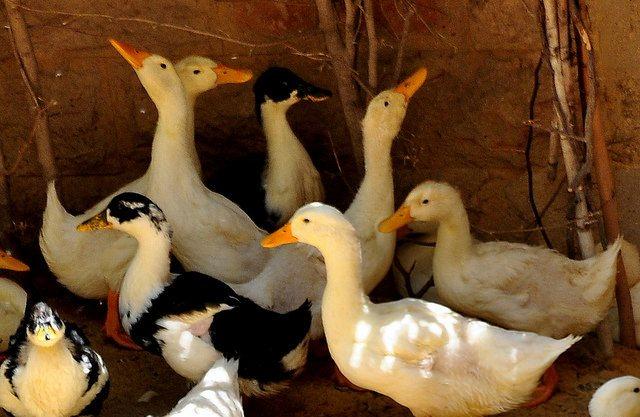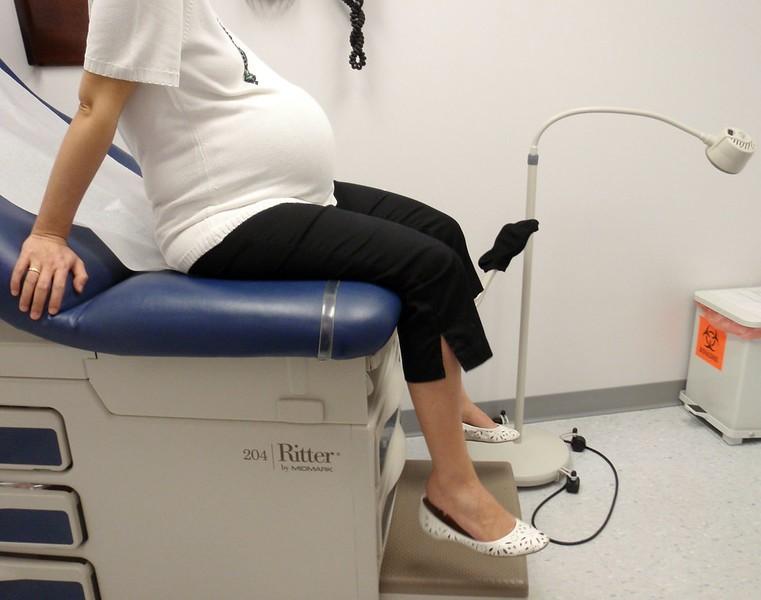The World Health Organization (WHO) today added more details to China's recent report of a woman who died following a coinfection with H3N2 seasonal flu and H10N5 avian flu. The case marked the first known human illness involving H10N5.

The woman, in her sixties, worked as a farmer in Anhui province and had underlying health conditions. Her respiratory illness symptoms began on November 30, 2023, and she was hospitalized on December 2. When her condition worsened, she was transferred to a facility in Zhejiang province on December 7, where she died on December 16. On January 22, authorities in Zhejiang isolated H3N2 and H10N5 from her respiratory samples, which were confirmed on January 26 by the Chinese Center for Disease Control and Prevention.
Duck meat samples yielded H10N5
Investigators found that the woman had not been vaccinated against seasonal flu. A few days before her symptoms began, she was exposed to live poultry when she bought a duck. Lab testing on duck meat from the woman's refrigerator found H10N5 in seven samples. The woman did not have contact with pigs or other mammals. Environmental samples from her home were negative.
Monitoring of the woman's contacts in both provinces found no related cases. Agriculture authorities conducted a trace-back investigation of the ducks and have culled birds and disinfected affected areas.
More research needed to gauge H10N5 in animals
The WHO said H10 strains are occasionally detected in wild birds, poultry, and mammals in different parts of the world. They are low-pathogenic viruses that don't require reporting, so their prevalence is unknown. H10N5 had been isolated from pigs in China's Hubei province.
More research is needed to gauge the epidemiology of H10N5 in animal populations, the WHO said, adding that, so far, avian H10 viruses haven't acquired the ability to spread from person to person.












